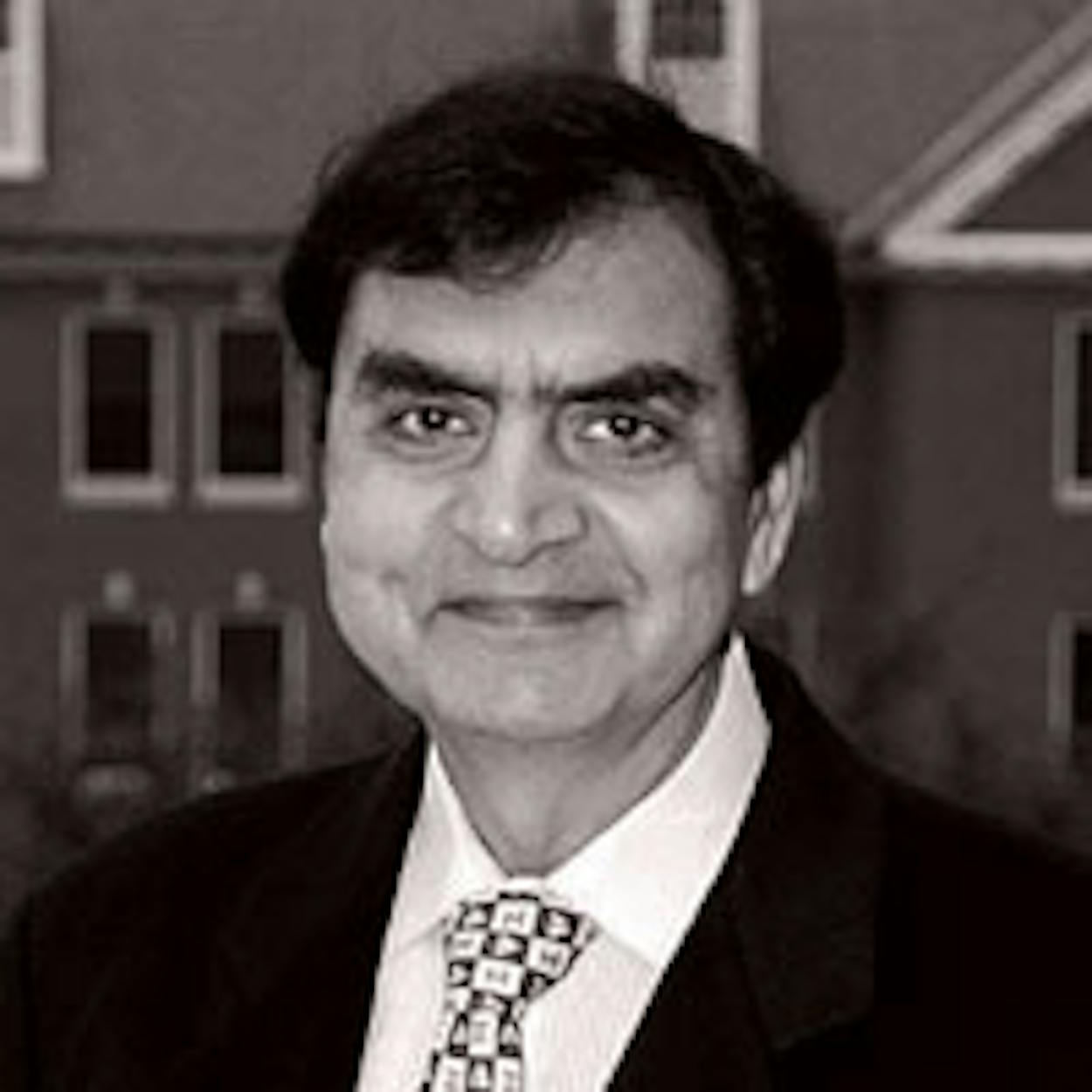In The New Golden Age: The Coming Revolution Against Political Corruption and Economic Chaos, the best-selling author and Southern Methodist University professor of economics expounds on corruption and the keys to global prosperity.
Your new book identifies a laundry list of global economic problems. Can you single out the most worrisome?
Ravi Batra: The single most worrisome global economic problem is the housing bubble that now exists not just in the United States but also in many other countries including the United Kingdom, France, China, India, Australia, and others. By itself the bubble need not be catastrophic even if it bursts, because housing is very different from other investments, but unfortunately the U.S. bubble has been primarily financed by foreign money. When the American bubble starts to burst around mid-2007 and beyond, foreign investors will head for the exits; while it is in the self-interest of foreign governments to finance our trade deficit, private groups have no such interest or obligation. I am afraid the bursting of the U.S. bubble will result in loan defaults and could start a foreign stampede out of American assets, leading to a collapse of the dollar, which in turn will cause our stock, bond, and real estate markets to crash. That will then have a ripple effect around the world.
How would this compare in scale with the Internet bubble’s burst?
RB: The Internet bubble had many years in the making and it created the largest share-market euphoria in history. When it burst in 2001, it led to a lot of pain around the world. Its collapse was sudden and swift. The housing bubble is also the biggest ever in history, but house prices usually are more stable and less volatile. In that respect, the housing crash need not be as disruptive and painful as the Internet bursting.
Still, the housing collapse has the potential to be more destructive than the Internet bubble’s crash. Whenever there is a financial crisis today, the government responds by increasing the budget deficit and cutting interest rates to lure more people into debt. This recipe has been working for more than two decades, and I am sure it will be tried again to counter the coming housing debacle. It was certainly tried in the wake of the Internet bubble burst, and it worked mainly because of the relatively new craze of home equity financing. The public simply borrowed money on appreciating homes at low interest rates and used it to boost consumer spending. Such a stimulant to the economy is no longer available, or has a limited scope. It could even have a negative impact on consumer spending with housing price depreciation.
Thus, the housing bubble crash could be more disruptive than the Internet counterpart, simply because the debt-creating ability of the economic system is now constrained.
The Iraq war also matters in this regard, because it limits the government’s ability to raise deficit spending on American goods. Unless spending goes up from some source to neutralize the negative impact of a financial crisis, a durable recession is the inevitable result.
Can the political corruption you cite really affect entire economies?
RB: The global economic system is wobbly precisely because of political corruption all over the world. Its cumulative effect is strong enough to disrupt entire economies. In the United States, corruption takes the form of biased economic policies that raise profits of corporate donors who finance elections.
You call for a “voters’ revolution” to combat poverty.
RB: Revolutions, voters’ or militaristic, occur rarely, but they do occur. I successfully predicted both the 1979 Iranian revolution and the downfall of Soviet Communism; using similar methods, I have concluded that a voters’ revolution is very likely in the United States in the next decade. This revolution will put an end to the rule of money; corruption will decline, and reforms to reduce the wage gap—and hence poverty—will be instituted. That will then bring about a golden age.
Would the revolution arise out of traditional parties or new sociopolitical alliances?
RB: Most likely from new alliances. The way the Republicans’ rule ended in Congress in November, and the way Barack Obama’s star has risen, you can see there is a great hunger for leadership and reforms.
The conflict between Islam and the West is rooted in ideology. Does it also have an economic basis?
RB: While ideology plays a significant role in the conflict between fundamentalist Islam and the materialist West, the economic basis is also important. At the heart of the Arab-Israeli feud, for instance, is the right to land. The Palestinians demand a return of their domains they lost in 1948; they seek to come back to Israel to reclaim their property. So this is the economic basis of their feud. Without the Arab-Israeli conflict there won’t be as much friction between jihadists and the West.
Ideology is also important in the sectarian conflict between the Shias and Sunnis. While sectarian differences exist in every religion, the Shia-Sunni feud in Islam is increasingly violent.
- More About:
- Politics & Policy







